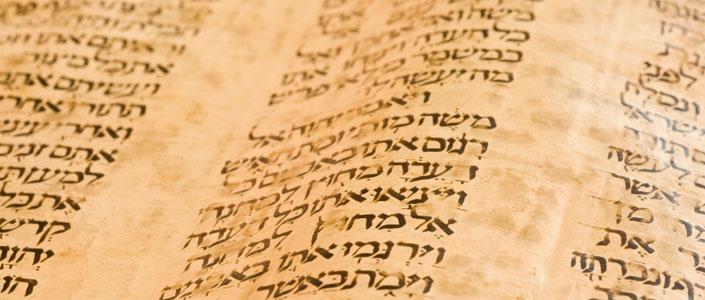For over one thousand years, the Yiddish language was spoken by Ashkenazic Jews living in Central and Eastern Europe. Yiddish was the language of Jewish social and economic life, and increasingly, as Ashkenazic Jews encountered modernity, of a vibrant literary and cultural life as well. Millions of Jews emigrated from Europe in the late nineteenth and early twentieth century, spreading Yiddish all over the globe; as a major center of Jewish immigration, New York City became the home of a flourishing Yiddish cultural scene in the first half of the twentieth century.
The tragedies of the twentieth century, the decimation of European Jewry in the Holocaust and the repression of Jewish cultural life in the Soviet Union, drastically reduced the number of Yiddish speakers in the world; linguistic assimilation in the United States, Israel and other countries has meant that few people today are acquainted with the treasures of Jewish history and literature written in Yiddish.
At Columbia, we hope that the curriculum in Yiddish Studies, through instruction in Yiddish language and literature at both the undergraduate and graduate levels, will educate both university students and the general public about the "golden tradition" of Yiddish literature and culture.
The following brief outline traces the history of Yiddish Studies at Columbia, outlines the current program, and lists academic resources for Yiddish both on campus and off.
The Yiddish Studies Progam at Columbia University, the global leader in Yiddish scholarship and teaching, focuses on the experiences and cultural efflorescence of Ashkenazic Jewry over a thousand years and five continents. It is a perfect exemplar of Columbia’s interests in global and transnational study, weaving together language, literature, and culture in a way that echoes the best of Columbia’s justly famed humanities programs.
The program in Yiddish studies offers both the undergraduate Major and Concentration, in addition to graduate studies leading to the Ph.D. In both the undergraduate and graduate program, emphasis is placed not merely on acquiring linguistic proficiency and textual study, but also viewing Yiddish literature in a larger cultural and interdisciplinary context. The graduate program, the only degree-granting Yiddish Studies Program in the United States, is considered one of the world’s most important, with its graduates holding many of the major university positions in the field.
Students of Yiddish have ample opportunities to enhance their studies through a number of fellowships. The Naomi Fellowship, a fully-subsidized Yiddish Study Abroad program allows students to explore Yiddish culture and history in Israel and Poland. The Irene Kronhill Pletka YIVO Fellowship enables students to expand on their archival research skills in New York. Upon graduation, our majors compete successfully for Fulbright and other prestigious scholarships, and are highly qualified to pursue careers in humanities, social sciences, as well as artistic and professional careers.
Students work with faculty in Germanic languages, Jewish studies, history, and Slavic studies to broaden their understanding of the literature, language, and culture of Eastern European Jewry. The Yiddish Studies Program is also closely affiliated with the Institute for Israel and Jewish Studies, which offers diverse programming and other fellowship opportunities. Classes are small, and instruction is individualized and carefully directed to ensure that students gain both a thorough general grounding and are able to pursue their own particular interests in a wide-spanning field. The program also offers classes taught in translation for students who do not study Yiddish. The Yiddish programming, such as lectures, monthly conversation hours, Meet a Yiddish Celebrity series, as well as the activities of the Yiddish Club of Columbia’s Barnard/Hillel allows students to explore Yiddish culture outside the classroom.
